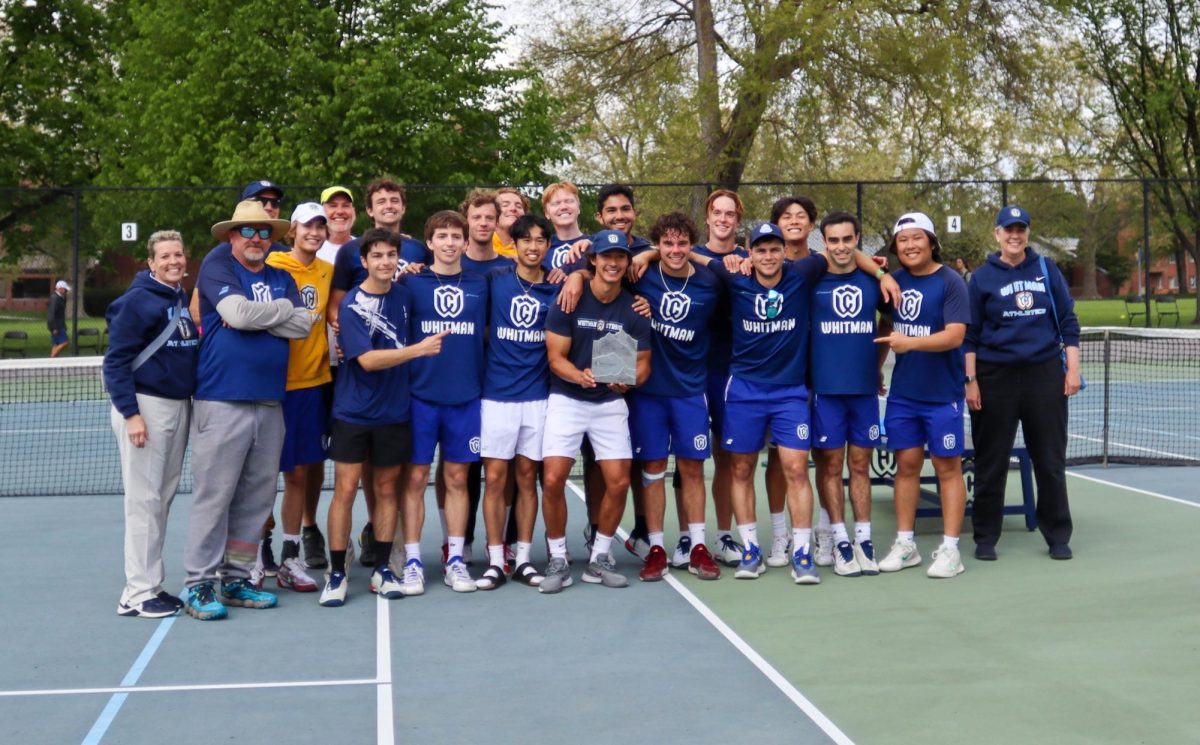The conversation about paying college athletes has taken a turn in recent years, and the recent decision to count college athletes as school employees has opened the door for real change to occur. The National Labor Review Board, in their landmark decision, has given the opportunity for athletes at Northwestern University to unionize and utilize collective bargaining power.
Former Northwestern quarterback Kain Coulter has led the charge in student athlete unionization and legitimization of the College Athlete Players Association. What is most interesting about the CAPA isn’t that they now have a legitimate claim to collectively bargain, but what the union plans on asking for.
It is pretty common knowledge that top level college athletics, particularly football and men’s basketball, bring in billions of dollars in revenue for the NCAA each and every year. There has been some grumbling that college athletes should be paid as employees during their time in college, but that comes with a whole set of issues.
Many athletic programs count on football and basketball revenue to fund their entire athletic programs, so paying certain players would limit opportunities for athletes in non-revenue generating sports. The CAPA isn’t asking that Northwestern pays its student-athletes at all, but that it allows players certain rights outside in addition to playing for Northwestern.
There are 10 stated points of the CAPA, but it can be pretty well summed up in three more overarching ideas. First, the CAPA wants increased healthcare for players during and after their time in college, so players aren’t left with large healthcare costs from chronic injuries acquired during their playing days. Second, CAPA wants to protect players from several injustices in college athletics, such as limiting transfer rules. For example, former Vanderbilt Head Coach James Franklin became head coach at Penn State University. Under NCAA rules, if any of Franklin’s former players wish to join the Penn State football team, they would have to sit out for an entire academic year before being able to play again.
Finally, and perhaps most controversially, CAPA wants to allow players to use their status commercially in order to capitalize on their temporary celebrity status. For example, players would be able to advertise summer camps with their names, sign endorsement deals, make public appearance, sell memorabilia and other such profitable activities.
There are still several roadblocks to the CAPA becoming a legitimate force in the college athletic landscape. Northwestern is a private institution, so the National Labor Review Board would have to make another decision as to whether or not public universities would be subject to the same rules.
Also, the players would have to vote to join the CAPA, something Northwestern players plan to do in the near future. Current quarterback Trevor Siemian has publicly come out in opposition of unionization by claiming he was frustrated that Koulter did not involve the coaching staff and school administrators with the process. Linebacker Collin Ellis called the whole thing a distraction.
It should be stated that the only current members of the CAPA are graduates, and the NCAA could hypothetically work to ban any player that joins a union under its policies. Northwestern is in uncharted territory in terms of challenging the NCAA, and, as everyone knows, the NCAA isn’t a huge fan of having its power challenged. The CAPA has the power to alter the entire landscape of college sports, but only if it can avoid being crushed by the NCAA before it starts.


